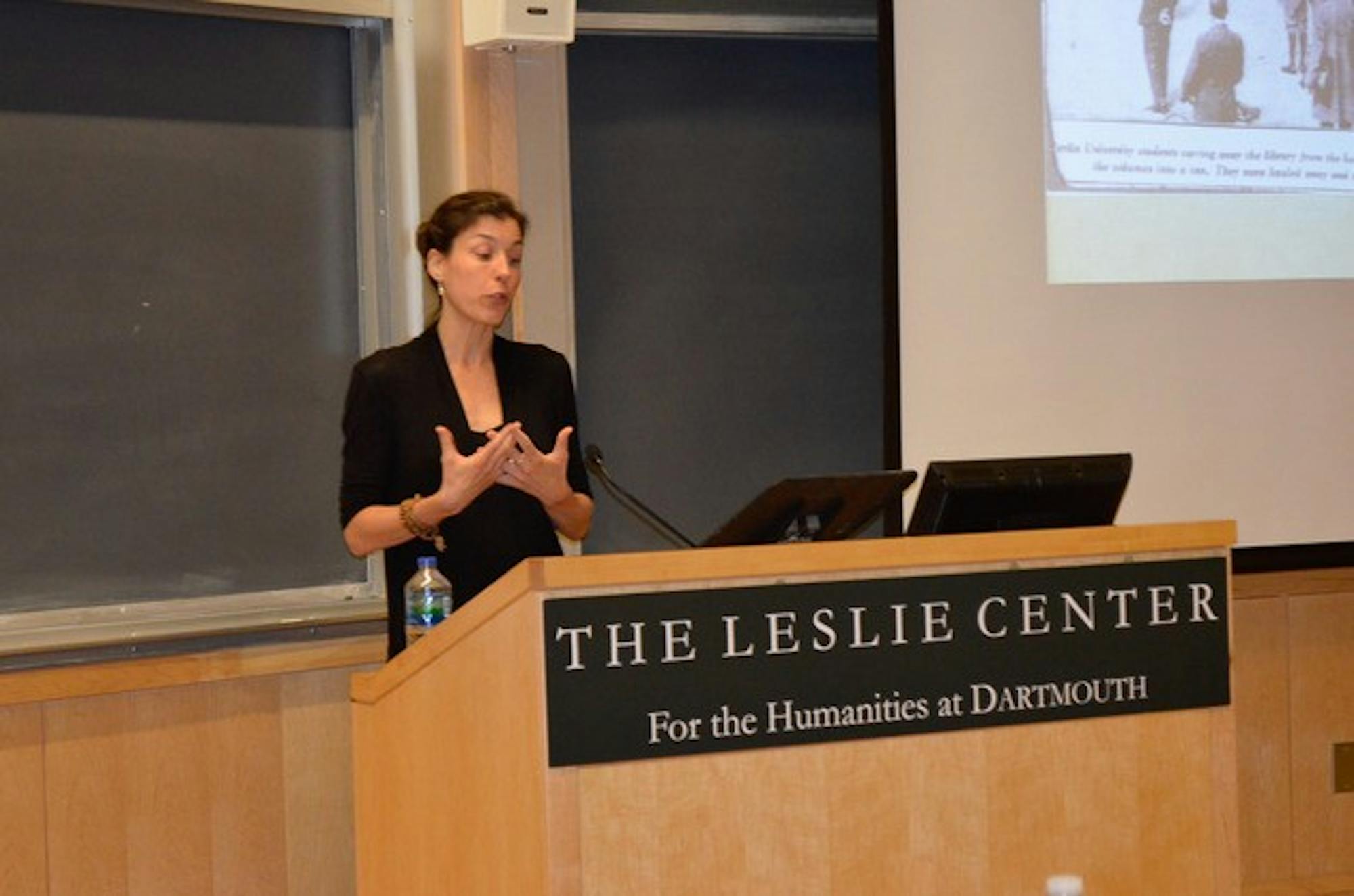Marcuse left Germany at the age of 56, but unlike many of his Jewish peers, escaped to Palestine, where his career stalled.
"He is a forgotten giant of sexology," Leng said.
While in Germany, Marcuse founded an international society devoted to sexual research, wrote 14 books and published over 100 scholarly articles about subjects such as birth control, celibacy, marriage and prostitution. But when he arrived in Palestine, he was unable to establish himself as a sexologist or earn the respect he had garnered in Germany.
Marcuse's inability to speak Hebrew prevented him from acquiring clinical sexual knowledge in the area, and he limited himself to analyses, encyclopedia entries and the subject of sexual jealousy.
Because he could not interact with non-German speakers, Marcuse did not field a network of researchers, and his experience with German traditions of study in sexology did not align with the developing goals of the subject in Palestine. Few of his texts were translated into Hebrew.
Leng said Marcuse's case shows how sexologists must understand cultural trends and audiences when performing their research. Attitudes and perceptions about sex are politically, culturally and temporally conditioned.
Marcuse's time in Palestine is an interesting case of "total failure," said Veronika Fuechtner, a German studies professor and co-director of the Humanities Institute 2013.
It is unclear, however, if his displacement was responsible for the collapse of Marcuse's scientific work.
"Finding a definitive answer to why one of Germany's most important sexologists could not revive his career is impossible," Leng said. "There may have been deeply personal and psychological reasons why he may not have been able to practice."
She said his work reflects the challenge of sexology research, since sources are often limited or destroyed. The science of sex remains a taboo subject in many places.
Visiting Humanities Institute scholar Pablo Ben said he was fascinated by how sexologists' aims differ by location and culture.
"In most other cases, they were able to take their sexual knowledge to another part of the world but he was totally unsuccessful," Ben said. "The goals of German sexology and how the Jews in the Palestine were developing a different kind of sexology was the most rich part."
The field, however, is relevant everywhere.
"Sometimes sexology is cosmopolitan and hyperlocal, but certain ideas and concepts may be national or even international," Leng said.
Fuechtner, referring to Humanities Institute co-director Douglas Haynes, said sexology is a global movement.
"Doug works on India, I work on Germany, but we started looking at the same materials, and we realized that we were working on very similar issues," Fuechtner said.
A postdoctoral fellow in the Sexualities Project, a research initiative at Northwestern, Leng specializes in the way sexual knowledge travels across national borders due to the forced migration of sexual reform activists.
Leng's lecture, titled "Negotiating Sexology and Subjectivity in Exile: Max Marcuse in Palestine/ Israel," was part of the Humanities Institute's "Toward a Global History of Sexual Science from 1880 to 1950" series, presented by the Leslie Center for Humanities.




